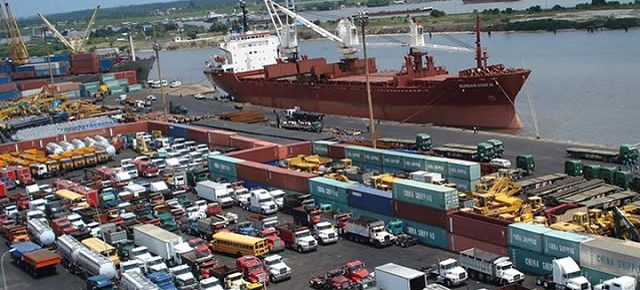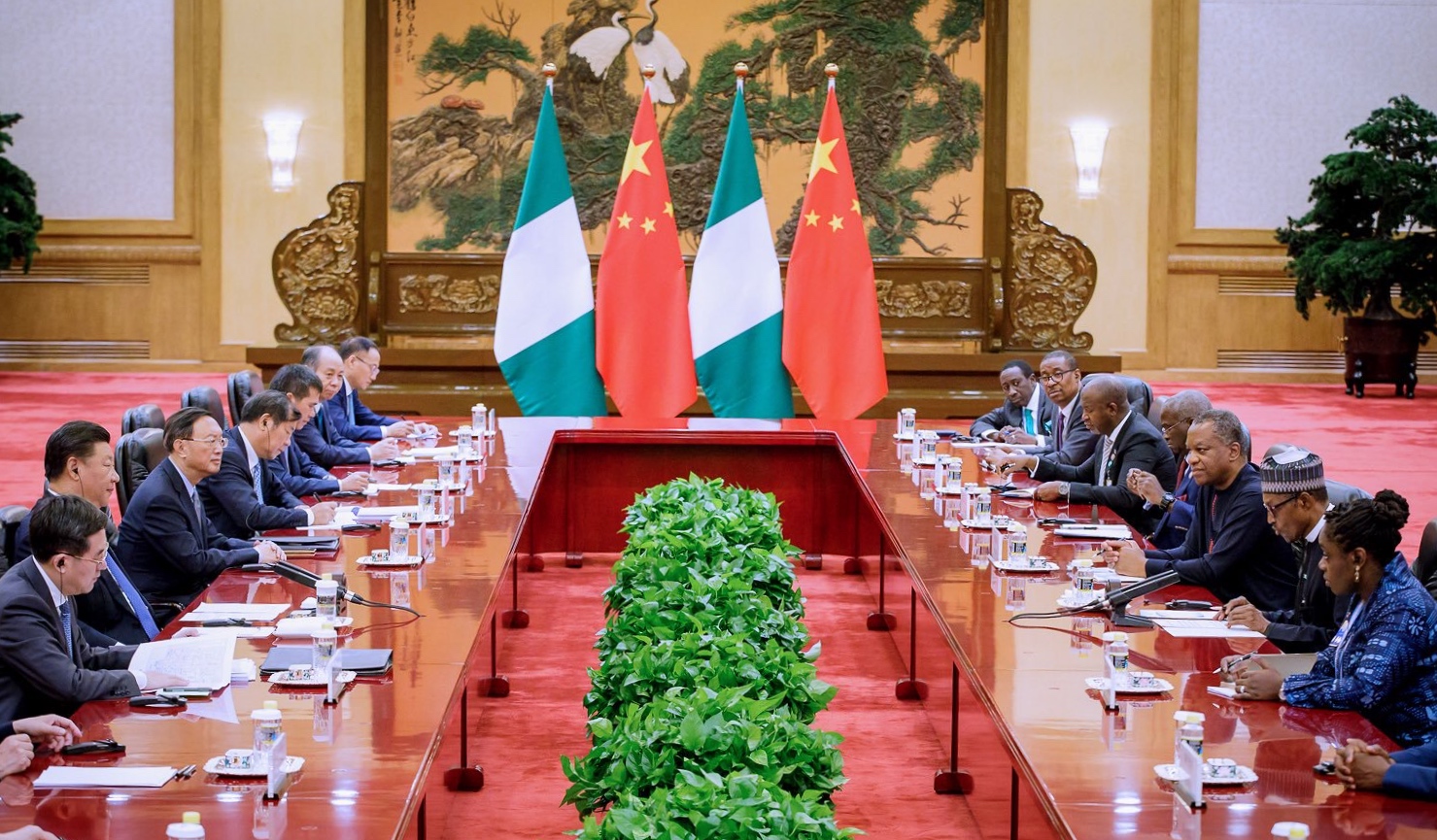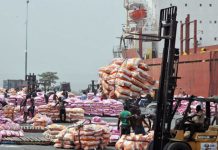The Federal Ministry of Transportation (FMOT) has urged the Nigerian Ports Authority to ensure that the Nigerian Shippers Council (NSC) is involved in the Port Concession Agreement currently being reviewed.
Dr Magdalene Ajani, Permanent Secretary of the Federal Ministry of Transportation, recently stated this during a one-day sensitisation event organised by the FMOT and NSC with the theme “Promoting Competitiveness & Compliance in Nigerian Maritime Industry: Mandate of the NSC in Focus.”
She clarified that the NSC served as the interim economic regulator of the ports, with the NPA serving as the technical, operational regulator.
“Consequently, the Shippers Council’s port economic regulatory mandate and roles should be reflected in the Port Concession agreement under review and other subsequent agreements.”
Ajani, the event’s chairman, stated that the ministry was aware that during the early phases of the implementation of the economic regulator regulation, the shippers’ Council had encountered opposition from pertinent stakeholders in the maritime industry.
“It is noteworthy that prior to the appointment of the Council as an interim port economic regulator, there was no known authority saddled with the responsibility of checkmating the commercial activities at the port. I also want us to note that while NSC is the port economic regulator, the Nigerian Ports Authority remains the technical operational regulator. This is very key so that we understand the distinct role between the two agencies and stakeholders give their support and cooperation to them.”
The Nigerian Shippers’ Council was appointed as the temporary port economic regulator in 2014 as a government response to fill the void and solve the port system’s issues; Dr Ajani addressed the crowd.
She claims that the government’s primary goal in appointing the Nigerian Shippers’ Council to serve as the temporary port economic regulator was to establish an effective regulatory framework at the port for the control of tariffs, charges, and other related economic services following the President’s economic regulatory order No. 34 of 2015, which was issued following Sections 5 and 145 of the 1999 Constitution as gazetted.
Ajani urged all stakeholders’ support and cooperation while stating that the ministry was addressing their concerns and putting some of their earlier recommendations into practise to find the best ways to actively collaborate with organisations other than the Federal Ministry of Transportation.
“In line with the sub-existing order on the port economic regulation, as issued by the President of the Federal Republic of Nigeria, I hereby reaffirm that the NSC remains the interim Port economic regulator in our nation’s ports pending the establishment and operationalisation of the National Transport Commission as an independent regulatory authority in the transport sector,” Ajani noted.
The managing director of the NPA, Mr Mohammed Bello-Koko, stated that the NSC had entered the maritime business, a tightly regulated area of government and that all players needed to adapt to its norms, which were already supported by law.
Bello-Koko urged the Council to put more effort into raising the competitiveness of Nigerian port operations worldwide. Bello-Koko was represented at the occasion by the NPA legal secretary, Mr IG Umar. He also expressed his gratitude to the Federal Ministry of Transportation for all of its assistance in developing and empowering the NSC.













